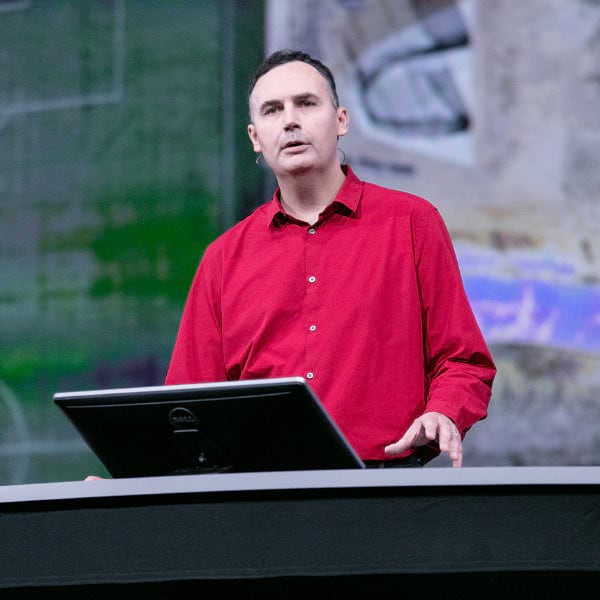Update: this article was updated in February 2023 to reference Overture Maps Foundation.
For over a decade, Esri has maintained a Community Maps Program through which our user community has shared their local, authoritative data with Esri to be used in maps and services that we create and host for our users. The program began in response to user requests to have their authoritative data included in the Esri maps that they were using in their work. Since then, we have expanded the Community Maps Program to accept several types of data (e.g. imagery, elevation, addresses, etc.) and support several Esri maps and services (e.g. geocoding).
Over the past decade, Esri has accepted, processed, and published hundreds of millions of vector data features (e.g. roads, buildings, addresses, POIs, etc.) and tens of millions of square kilometers of raster data (e.g. imagery, DEMs, etc.). This data has greatly enhanced the maps and services that we publish in the ArcGIS platform and make available to our user community. In recent months, we’ve heard users begin to ask if Esri can also help make their data available to other mapping platforms used by their organization or their local community (e.g. citizens or customers) to help improve the quality and consistency of those maps for their community.
New Option for Data Sharing
In response to that feedback, Esri is now offering a new option in our Community Maps Program for contributors to have Esri share their data with selected Esri partners and other organizations (e.g. OpenStreetMap, Overture Maps Foundation) that maintain popular mapping platforms for businesses and consumers. If contributors choose to share their data with others, Esri will aggregate the data and make it available to these organizations in a standardized way to make the data more easily consumable by them and accessible to others. It will be up to those organizations whether they choose to include the data in their mapping platforms. Where the data is used, attribution will be provided back to Esri Community Maps Contributors and/or individual contributing organizations.
How Does this Work?
Since the beginning of Community Maps, Esri has said that it would not re-distribute user contributed data without their consent, and we have always maintained that policy. We are now enabling our contributors to give their consent to share their data via our Community Maps website. Existing contributors can visit the website to review their contributions and, if they choose, enable this data sharing. New contributors will be automatically enabled for this data sharing but can opt out at any time if they choose. Esri will monitor the choices of our contributors and, on a periodic basis (e.g. quarterly), share the latest data contributions. Data that is shared will be provided to other organizations under a Creative Commons (i.e. CC BY 4.0) open data license. For more details, please visit this FAQ page on the Community Maps website.
Getting Started
If you are an existing Community Maps contributor, you can get started using the Community Maps Contributor App. Once you have signed in, you will be asked if you would like to participate in the new option for data sharing. Simply check the box to ‘share my data’ and apply the changes to your contributor account. If you are not an existing Community Maps contributor, you can register for Community Maps and we will enable this option for you. In either case, you can revise your choice in your contributor account settings at any time.
We look forward to helping make your authoritative data more broadly available to others to improve the quality and consistency of the maps and services for your community.

Article Discussion: